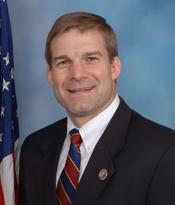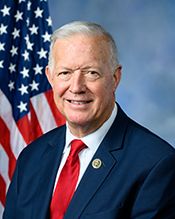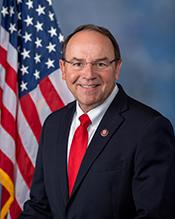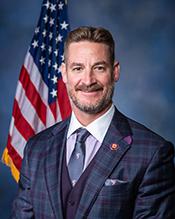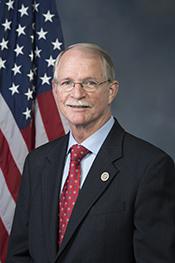0
Protect Speech Act
12/30/2022, 5:47 PM
Summary of Bill HR 3827
The Protect Speech Act includes provisions that prohibit government agencies from discriminating against individuals or organizations based on their political beliefs or affiliations. It also prohibits the use of federal funds to support any efforts to suppress or censor speech.
Additionally, the bill requires government agencies to report any instances of censorship or suppression of speech to Congress, in order to ensure transparency and accountability in the protection of free speech rights. Overall, the Protect Speech Act aims to uphold the principles of the First Amendment and ensure that all individuals have the right to express their opinions and beliefs without fear of retribution or censorship. It is currently being debated in Congress and has garnered support from both sides of the political aisle.
Congressional Summary of HR 3827
Protect Speech Act
This bill modifies the immunity from liability of a provider or user of an interactive computer service (e.g., a social media company) for screening and blocking offensive content on its platform.
Specifically, the bill provides that this immunity shall not apply to any action taken to restrict access to or availability of material provided by another information content provider unless the action is taken in good faith based on an objectively reasonable belief that the material is (1) obscene, lewd, lascivious, filthy, excessively violent, promoting terrorism or violent extremism, harassing, promoting self-harm, or unlawful; or (2) violates the applicable terms of service or use.
In order to avoid liability for taking action based on either belief, certain good faith requirements must be met, such as (1) making publicly available terms of service or use that plainly state the criteria for content moderation practices, and (2) not restricting access to or availability of material on deceptive grounds.
Further, the bill specifies that being responsible in whole or in part for the creation or development of information includes instances in which a person or entity solicits, comments upon, funds, or affirmatively and substantively contributes to, modifies, or alters information provided by another person or entity.
